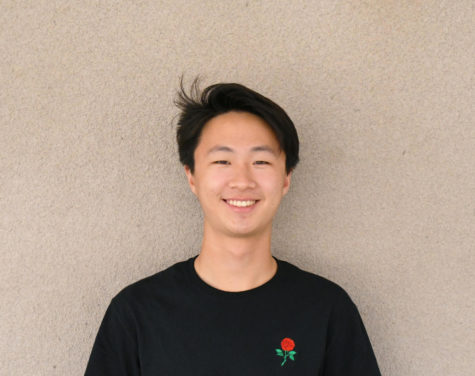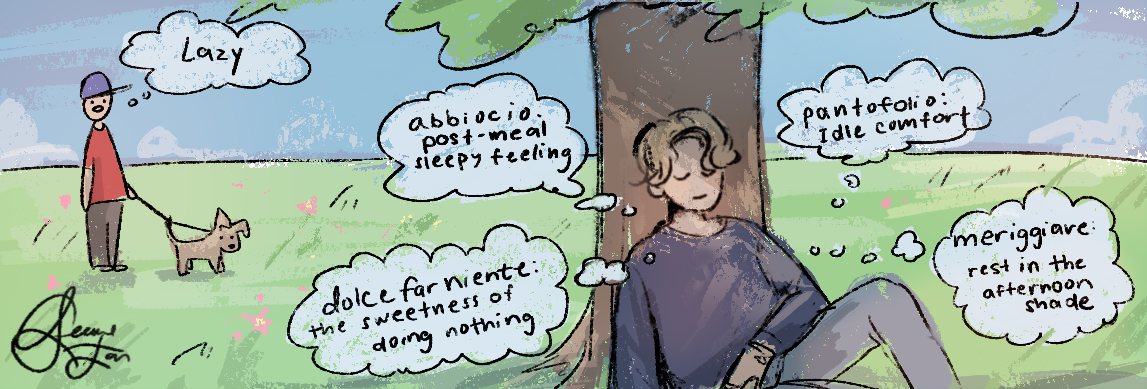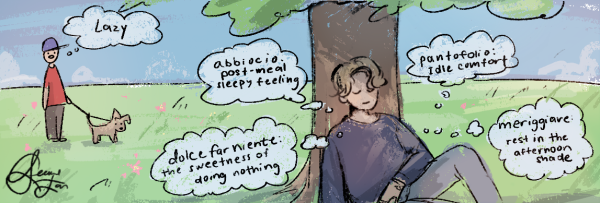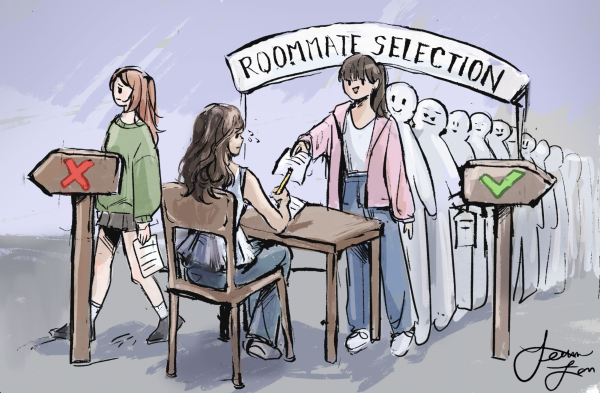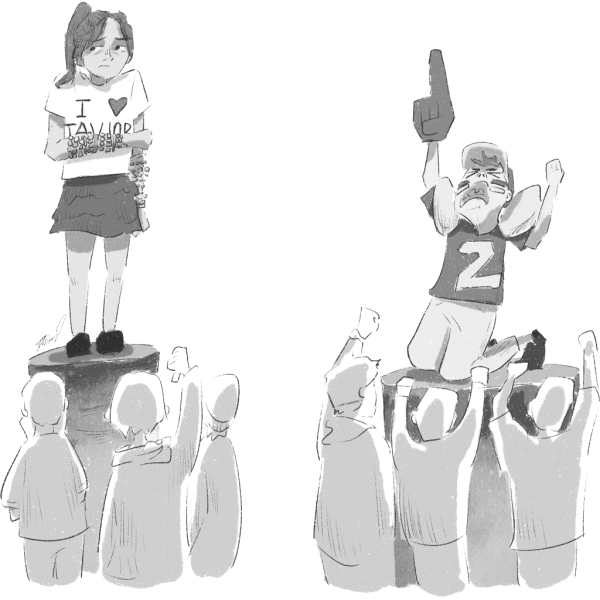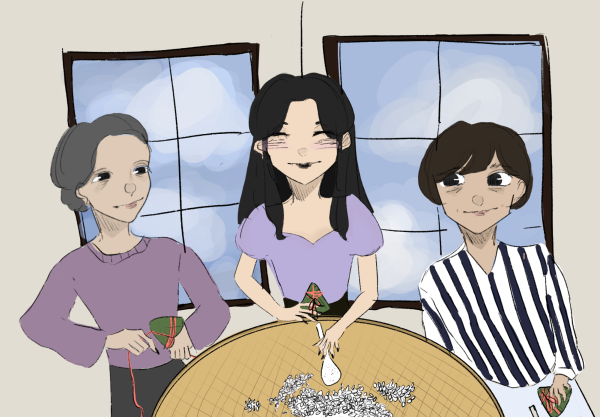Opinion: It doesn’t make us hypocrites to change our minds about something. Don’t act like it does.
April 8, 2021

Most of us probably have strong and differing opinions on each of these topics—the presidential election, recent shootings and the seeming uprising of anti-Asian hate. Maybe we’ve even had heated discussions with friends and family on them. But in the end, we’re likely to have stuck with our stances, none of us changing our minds.
Personally, a lot of my time has been spent discussing these issues with my parents and peers. And when our opinions differ, it always seems so impossible to get the other person to see my point. Conversely, it must feel just as impossible to the other person to make me see their point.
For those of us who have taken a psychology class, a topic often discussed is confirmation bias—the tendency to interpret any new information as confirming something we already believe, even if the evidence points to the contrary. It’s human nature to not want to let go of our pre-existing beliefs.
Take the use of vaccines: It’s widely understood and proven by countless studies that vaccines do not cause autism or any other mental disorders. Moreover, they definitely do not have nanochips inside them to track our locations—our phones already do that. But, those who believe vaccines cause these things tend to reject scientific studies that point to the contrary, often employing a form of mental gymnastics to believe anything other than the evident conclusion.
These tendencies aren’t limited to extremists or conspiracy theorists. It took me until this pandemic had reached its peak to admit that racism against Asian people existed on a widespread scale and was as severe as people told me it was. Or, when I was in middle school, when I argued that Ben Shapiro should run for president (seriously, I did). Or, when for the majority of this year I refused to believe my parents when they said I was struggling with school and needed to study more when the evidence of my grades definitely pointed in their favor.
Our ability to completely reject reality in favor of our belief that we’re right is frightening. We choose to participate and contribute to the society we live in. How can we address important social and political issues if we live in completely different worlds?
According to Bettina Casad, professor of psychology at the University of Missouri, one of the main reasons these tendencies exist in the first place is that for many of us, whether or not we are right is heavily linked to our self-confidence. Society, she said, pressures us to be right and ridicules us when we’re wrong. Furthermore, the more emotionally connected we are to the topic, the more likely we are to be susceptible to confirmation bias.
So when we’re faced with evidence that disproves our beliefs, it can be easy for us to brush it off, and stubbornly hold onto our beliefs. Most of the time, we’d rather think we’re right than admit we’re wrong.
We need to change that.
Too often are we called hypocrites for voicing our beliefs for something we didn’t agree with in the past. Too often do we think of these issues as black and white, and associate how “good” a person is based on these beliefs. Too often do we simply reject anything against what we thought we knew.
Reality check: there’s nothing wrong with believing something different than you used to. Adjusting our beliefs is only natural given our progressive age. If we refuse to change our own ways of thinking, our society will stagnate. History tells us that people only made societal progress regarding things like slavery or Jim Crow because people modified the way they thought. Things aren’t perfect right now, and they likely never will be, but we have to get as close as possible. Understanding ourselves and changing accordingly is a good way to do just that. It’s not enough for us to think we’re right. Understanding and agreeing on a single truth is the only way to have an open and honest discussion about a given topic. When it comes to things like the COVID-19 pandemic, systemic racism and gun control, things can only get better if we are aware of our biases and how they shape us. Only then can we have a real conversation.
At a time where our division is more obvious than ever, it’s time to be more open-minded. It doesn’t make us less cool or seem unconfident if we try to at least consider the other side. And when we recognize that we may be wrong about something, we have to acknowledge that. We can’t become complacent in the face of things that matter to us just because we used to believe something in the past and we might get called hypocrites for going against those old beliefs.
It’s not a time for us to be fighting amongst ourselves. It’s not a time for us to give up on trying to help other people embrace truth and facts. Instead, we have to rationally and thoughtfully consider where the other is coming from. If, in the end, both sides still hold their pre-existing beliefs, that’s fine. But when we’re faced with something that upends what we used to believe, there’s nothing wrong with changing our minds.
As young adults beginning to settle into this world, just starting to understand our place in it and the problems we must face, it’s time for us to close our mouths and open our ears.


